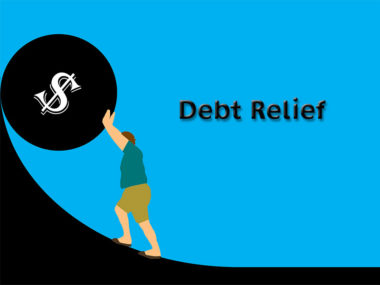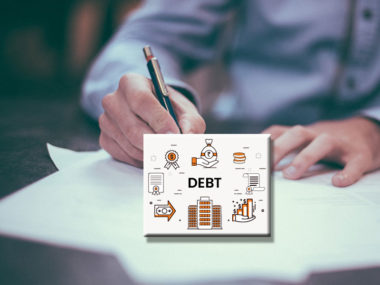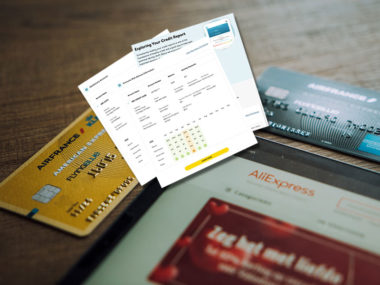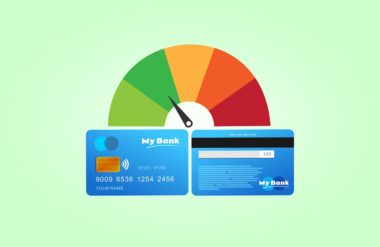Before we begin, there’s a caveat to consider for this article: Tax laws are always changing. How deductions are applied to different loans, debts, or interest charges is always subject to change.
With that said, let’s look at a hypothetical scenario. You have recently received a windfall, a fair amount of money. Enough to pay off your loans — all of them. Credit card debt, student loans, a mortgage — every loan you currently have. Let’s look at the different major loans and see which is better: continuing to pay the loan in installments and taking the tax deduction on the interest, or paying the loan off immediately.
Table of Contents
Should I Pay Off My Mortgage?
Currently, there’s a fairly large tax deduction for paying a mortgage on a house — at least, the interest payments are deductible. A common myth is that not paying off the mortgage and taking the deduction is better for your bank account. Unfortunately, this advice is out of date and misleading.
First, a question for you: Do you itemize your tax returns? In 2015, only 31 percent of Americans did. If you don’t the question is moot; pay off your mortgage. If, however, you do itemize, you have to compare whether the deduction for your mortgage interest outpaces the standard deduction. The standard deduction per person in 2017 was $6,350. You only get to take whichever is the higher deduction.
Second, if you are near the beginning of your mortgage, you are mostly paying interest, not principal. Financial guru Dave Ramsey always advocates for just paying off the mortgage.
Ramsey poses an example of monthly home payments of $900, with $830 being interest, or about $10,000 interest paid in a year. “If you don’t have a $10,000 tax deduction and you’re in a 30 percent tax bracket, you will have to pay $3,000 in taxes on that $10,000. According to the math, we should send $10,000 in interest to the bank so we don’t have to send $3,000 in taxes to the IRS. Personally, I think I will live debt-free and not make a $10,000 trade for $3,000.”
That being said, there are non-tax reasons you might not want to pay off your mortgage. If you don’t have emergency savings, for instance, it would be better to have some money to fall back on in case of dire circumstances. Or, if your investments can earn more than the interest you are paying, investing the money might be the better option — and help you pay off the mortgage faster. This does not apply to retirement funds such as a 401(K) or IRA, as the tax benefits will cancel out the potential deduction.
In short, you should pay off your house instead of keeping a mortgage for a tax break.
Is It Worth It To Buy A House For the Tax Break?
No, and for the same reasons as above (plus the hidden costs of owning a home). It all comes down to itemizing and the standard deduction. This isn’t to say you should keep renting instead of getting a mortgage — in the long run you’ll save money by owning, if you aren’t doing a lot of moving. But just buying a house for tax reasons is not a great idea. Part of the problem — and the reason why advice of yesteryear was this was a good idea — is that the standard deduction has increased, while interest rates have decreased.
CNBC crunched numbers and found “a typical first-time homebuyer, financing 95 percent or less of a median-priced U.S. home (around $200,000) pays less than $12,000 in mortgage interest and property taxes annually. That is not enough to hit the itemization level. Even with other deductions that bring the taxpayer over the $12,600 limit, the tax savings are minimal.”
While there are other benefits to being a first-time homebuyer, it isn’t worth it for the tax break alone. As always, check with your financial advisor to see what is best for your situation and if you are actually ready to purchase a home.
Paying Back Student Loans
Paying off your student loans is similar to paying off your mortgage. For tax year 2016, for example, you could write off $2,500 of paid interest on student loans. Your filing status also affects this tax break, and can also affect the size of your debt payments. On top of this, unlike the mortgage deduction, you can only deduct for using the student loan on education-related materials. If you use it to help buy a car, you have to reduce the deduction. The student loan tax deduction is then proportional for education vs. personal use.
If your loan is forgiven, or you receive debt relief scholarships or grants, these are taxed as income. If you use a windfall, or have money saved up to use, these won’t matter.
In short, like paying off your house, it’s probably better to pay off the loans and not have to worry about interest accruing than taking the tax deduction.
Credit Card Debt and Taxes
First, let’s get the burning question answered: Is credit card interest tax deductible? No, it is not. Like using a student loan for non-educational purposes, credit card interest is considered a personal expense, and thus not eligible for tax deductions. Interest on a car loan falls under this category, as well.
There is a caveat to both the credit card and car loan example, however: If they are business expenses, the expenses can be deducted. If, like the student loans, the car or credit card are used for both business and personal uses, the deduction is a proportion of business to personal use.
As far as loans are concerned for tax breaks, for the most part, it’s better to pay off the loan if you are in a position to do so, rather than trying to milk the loan for a tax deduction that is likely not as beneficial as you would like to think. Then, with the money you are saving from not paying interest, you can pay off other loans or invest.
Image Source: https://depositphotos.com/





